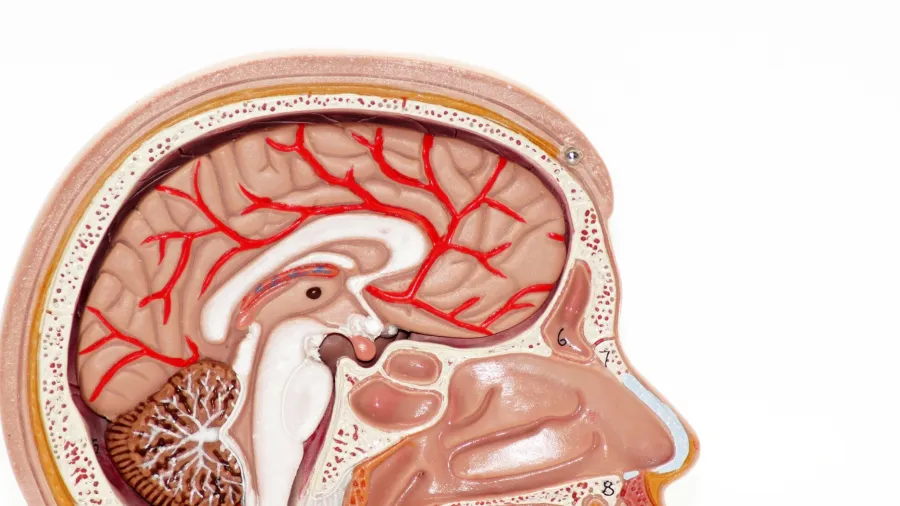
What lies ahead in the acute ischemic stroke therapeutics market?
Unmet needs for anticoagulant reversal agents pose a barrier to the sector.
The global acute ischemic stroke (AIS) therapeutics market is projected to rise by $1.74b until 2028 at a compound annual growth rate of 6.1%. However, unmet needs for anticoagulant reversal agents pose a challenge to the sector, according to Technavio.
Though anticoagulants are critical in AIS treatment, they carry the risk of excessive bleeding, which can be mitigated using reversal agents. Currently, vitamin K, protamine, and prothrombin complex concentrate counteract the effects of older anticoagulants like warfarin and heparin.
“However, the acceptance of these drugs is low due to the scarcity of antidotes for newer anticoagulants like direct thrombin inhibitors and factor XA inhibitors,” the report said.
Meanwhile, the recent approval of idarucizumab, a reversal agent for dabigatran, represents a positive step forward, but further research is needed to develop antidotes for other novel anticoagulants.
“The unmet need for anticoagulant reversal agents hinders the adoption of novel anticoagulants, negatively impacting the market's growth,” it added.


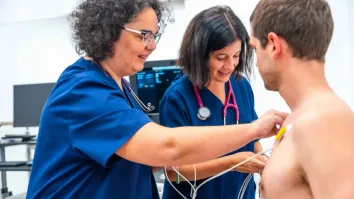
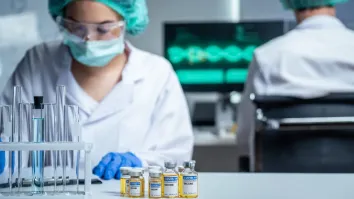
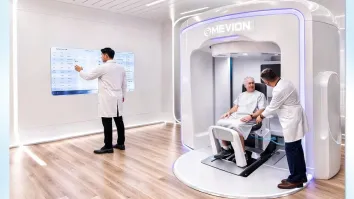
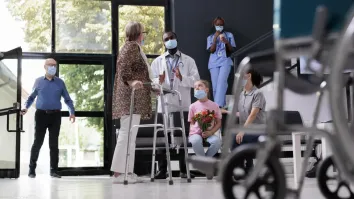













 Advertise
Advertise






